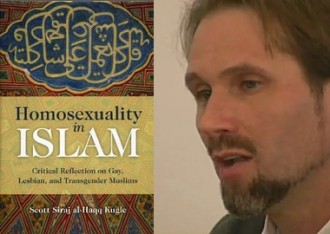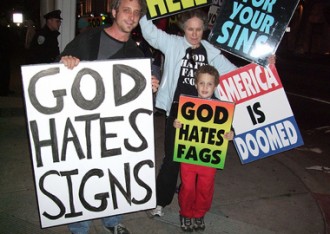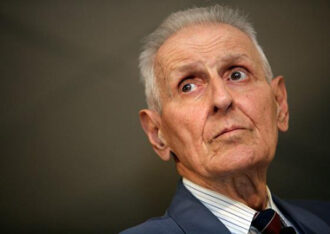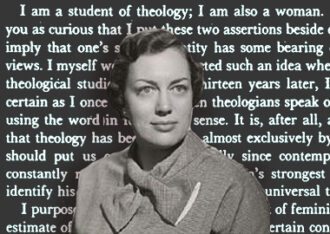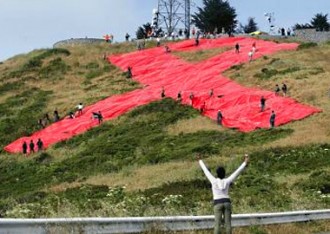
AIDS Anniversary: Thirty is the New Eternity
The 30th wedding anniversary calls for pearls, various websites say. And yet, we have no weddings really, from the federal point of view. So what does the 30th mean? Is it the beginning of the end? The end of the beginning? The eschaton? For some, AIDS/HIV is one of the mythic horsemen of the apocalypse. The Salvation Army writes of the “three horsemen of the Russian Apocalypse—AIDS” Others write of the “hybrid horseman of the apocalypse: the global AIDS pandemic.” We debate whether an HIV-positive diagnosis—or even an AIDS diagnosis—is the end of the world. And we write of “the virus at the end of the world.” The victories seem somehow pyrrhic.
Read More

